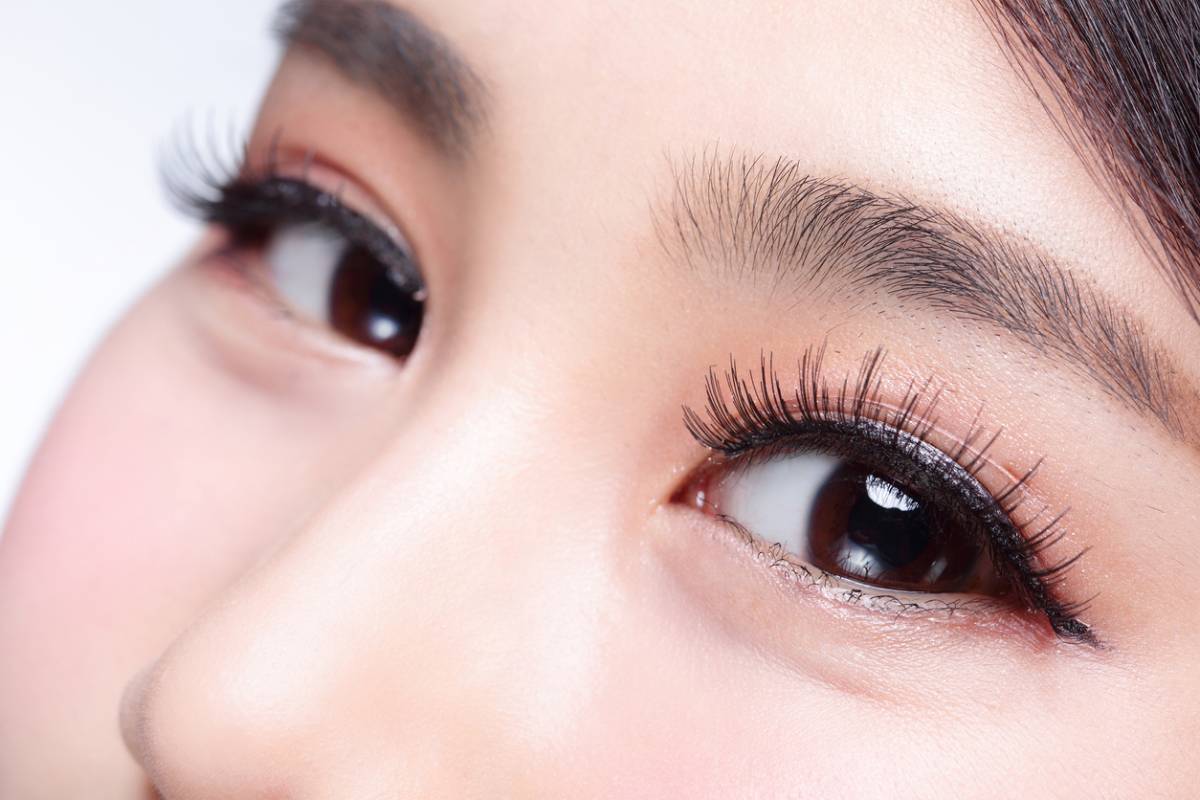When preparing to undergo any kind of operation, even one that is simply cosmetic on the exterior of the body, it helps to know exactly what you can expect from the recovery process after your surgery is complete. In addition, we provide some recovery and care tips after Asian eyelid surgery to enhance your experience.
Recovery and Care Tips After Asian Eyelid Surgery
Every operation has its own recovery timeline. In the case of plastic eyelid surgery operations, the ethnic background of the client and how that represents their appearance can have some impact on their unique recovery timeline, as subtle differences in appearance can result in subtle differences in how the operation is performed.
First things first: when considering any operation, it’s absolutely essential to vet your prospective doctors to find someone that you trust fully with whatever delicate operation you might be undertaking. Feeling comfortable in the hands of someone who will be taking your body under the knife is no small thing, so it’s highly advisable to shop around various physicians in order to find someone that you fully trust and feel comfortable communicating with.
Importance of Medication
Once that’s out the way, one of the first steps that one should take when preparing for the recovery period of Asian eyelid surgery is to ensure that you acquire all of the antibiotics and pain medications that might be prescribed to you by your physician before the surgery takes place.
This is because you’ll want to have these on hand in case you experience any mild complications related to infection, or an erroneous pain after your surgery. This is preferable to having to seek these things out after your surgery, just in case you experience some unforeseen complications in the process.
Preliminary Tips for Post-Surgery
Once your surgery is completed and you’re sent home to recover, it is highly advised to keep your head elevated in both waking states and when at rest. It’s recommended to prop your head up when at rest with a few pillows in order to ensure that your head stays elevated.
It’s generally recommended to keep your head elevated for approximately 3-7 days after your surgery is complete.
Another useful thing to have on hand is some kind of cold compress that you can apply to your eyes in case you experience any swelling in your postoperative state. Alternating cold compresses with warm compresses is also quite useful if you’re experiencing any swelling or bruising in the eyes. Applying the compress for approximately 20-30 minutes a day for the first week after surgery is generally considered to be enough time.
Another useful substance for addressing any possible swelling is the medicinal herb Arnica Montana, which can readily be found at most major and minor health food store outlets.
It’s also very important to keep the eyes clean throughout the ensuing days after your surgery. One easy way to achieve this is to apply hydrogen peroxide or antibiotic ointment to the surgery area with a q-tip.
Avoiding Stress and Strain
One thing that is advised is to avoid putting your eyes through any unnecessary stress or strain when you’re in the post-operative state. Most physicians would say that it’s ok to watch TV, use a computer, or read and write.
You must, however, avoid any physical activity that could negatively impact your eyes. This includes all contact sports, applying contact lenses, or wearing makeup for at least the first week. After one day, you can shower as you normally would.
Protect Your Eyes
It is also advised to protect your eyes from the sun when you venture out on a sunny day, as well as from dust and other particulates if you happen to be in some kind of dusty or sandy environment.
Another nice thing to have on hand is artificial tear drops that you can apply in case your eyes get dry and irritable, as it’s absolutely imperative that you do not rub your eyes in the first week after surgery.
If your eye drops make your eyes itchier or increase the level of dryness and irritation that you experience, you’ll likely want to call your physician, as you may be allergic to the specific kind of eye drops that you’re using.
Following Up
Overall, it’s mostly important that you get plenty of rest and take it easy on yourself as you recover from your surgery, allowing the body ample time to enact its self-repair mechanisms.
In most cases, further down the line a doctor will schedule a follow-up appointment approximately one week after your surgery in order to ensure that you are recuperating normally from the procedure.

